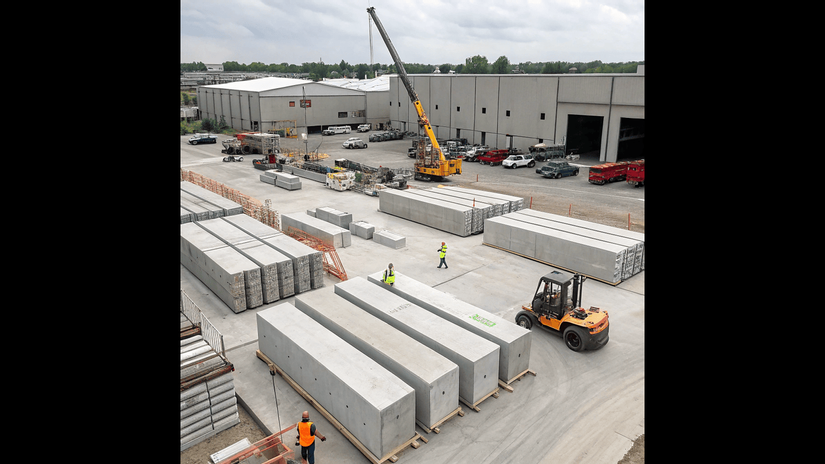7 Proven Strategies to Master Construction Project Management
Introduction
Construction project management is a complex discipline that demands a blend of technical knowledge, leadership, and strategic planning. Whether you’re overseeing a small renovation or a large-scale commercial build, mastering key strategies can mean the difference between success and costly setbacks. This article explores seven proven approaches that will help both new and experienced professionals excel in construction project management, ensuring projects are delivered on time, within budget, and to the highest standards.

Understanding the Role of Project Management in Construction
Effective project management is the backbone of any successful construction project. It involves coordinating teams, managing resources, and balancing competing priorities. The role extends beyond scheduling and budgeting—it requires a holistic understanding of the project lifecycle, stakeholder expectations, and regulatory requirements. By recognizing the critical importance of project management, professionals can proactively address challenges before they escalate.
Strategy 1: Set Clear Objectives and Milestones
Setting clear, measurable objectives is the first step in guiding a construction project to completion. Defining milestones allows teams to track progress and make timely adjustments. This clarity helps prevent scope creep and ensures all stakeholders are aligned on deliverables and timelines.
Strategy 2: Leverage Technology for Efficiency
Modern construction projects benefit greatly from technology. Project management software, Building Information Modeling (BIM), and mobile communication tools streamline workflows and improve accuracy. These technologies enable real-time updates, document sharing, and better coordination among teams, reducing the risk of errors and delays.
Strategy 3: Communication and Collaboration Best Practices
Open and consistent communication is essential for successful project execution. Establishing clear channels for information sharing, regular meetings, and transparent reporting helps prevent misunderstandings and fosters a collaborative environment. Engaging all team members, from architects to subcontractors, ensures everyone is working toward the same goals.
Strategy 4: Managing Risks and Uncertainties
Every construction project faces risks, from weather delays to supply chain disruptions. Identifying potential risks early and developing mitigation plans are crucial. Risk management should be an ongoing process, with regular reviews and updates as the project progresses.
Strategy 5: Quality Control and Compliance
Maintaining high standards of quality and ensuring compliance with regulations are non-negotiable in construction. Implementing rigorous quality control processes, conducting regular inspections, and staying updated on industry standards help prevent costly rework and legal issues.
Strategy 6: Budgeting and Resource Allocation
Accurate budgeting and efficient resource allocation are vital for project success. Detailed cost estimates, regular financial tracking, and flexible resource planning help keep the project on track. It’s important to anticipate potential overruns and have contingency plans in place.
Strategy 7: Continuous Learning and Improvement
The construction industry is constantly evolving, with new materials, methods, and regulations emerging regularly. Encouraging a culture of continuous learning—through training, workshops, and knowledge sharing—ensures teams stay ahead of industry trends and maintain a competitive edge.
Real-World Application: Insights from the Field
Many successful projects in the Midwest have demonstrated the value of these strategies. For example, a precast contractor milwaukee wisconsin applied advanced project management techniques to streamline their workflow, resulting in improved efficiency and client satisfaction. Learning from such real-world examples can inspire teams to implement best practices on their own projects.
Conclusion
Mastering construction project management requires a commitment to planning, communication, and continuous improvement. By adopting these seven strategies, professionals can navigate challenges, deliver exceptional results, and build a reputation for reliability and excellence in the industry.
All rights reserved